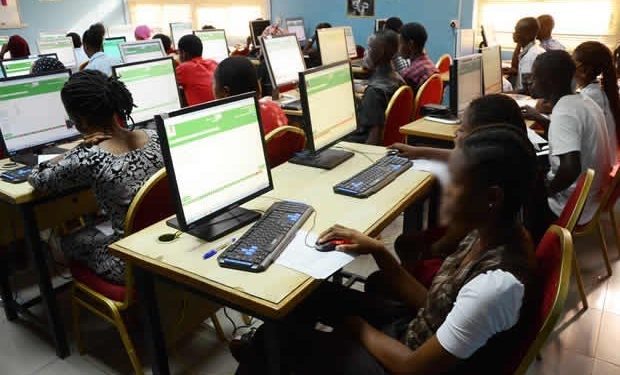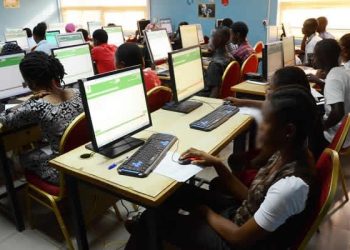Following this year’s Unified Tertiary Matriculation Examination (UTME) resit, fresh concerns have been raised by affected candidates who feel shortchanged by a system they expected would give them a second chance — not another challenge.
Alex Onyia, CEO of Educare, a prominent voice in Nigeria’s education sector, took to social media to highlight the outcry from candidates, many of whom had to retake the exam due to initial system failures. Rather than relief, Onyia reports that these students were met with fresh hurdles — both academic and administrative.
From difficult questions to time pressure, students say they were not only academically tested but also emotionally drained. “The questions were unusually hard,” many candidates lamented, prompting concerns about the standardization of test content across different sittings.
But beyond the rigour of questions, technical difficulties also marred the resit. Complaints ranged from lagging systems and unresponsive computers to outright power or network failures. “The system kept freezing,” one candidate shared, “and no one was around to help us.”
Another candidate narrated how her center suffered power failure mid-exam and no consideration was given afterward. This aligns with Onyia’s observation that candidates affected by disruptions received no opportunity for a second resit or any official acknowledgment of their plight.
Even more troubling are reports of unfair question allocation. Some students claimed their questions appeared more complex than those of their peers, raising concerns about inconsistencies in the computer-based test (CBT) question bank or randomization algorithms.
Poor coordination at several CBT centres further compounded the problem. Some candidates reported delays of over an hour before their sessions began, with no clear communication from officials.
Others mentioned that invigilators were either absent or indifferent when help was sought.
The silence from the Joint Admissions and Matriculation Board (JAMB) regarding these recurring concerns remains a sore point.
While the board has made efforts in previous years to improve integrity and fairness, the resit exercise seems to have exposed a gap — not in policy, but in execution and empathy.
The UTME is a gateway to higher education for millions. For candidates who faced a double jeopardy — first with a failed system and now a flawed resit — the message is clear: the exam is no longer just about what you know, but how lucky you are with your center and computer.
If reforms are truly underway at JAMB, then feedback like this should be a spark, not a statistic. Stakeholders must listen. Because for every candidate failed by the system, the ripple effects go beyond missed admissions — it touches hope, trust, and the very future of education in Nigeria.
















































































 EduTimes Africa, a product of Education Times Africa, is a magazine publication that aims to lend its support to close the yawning gap in Africa's educational development.
EduTimes Africa, a product of Education Times Africa, is a magazine publication that aims to lend its support to close the yawning gap in Africa's educational development.